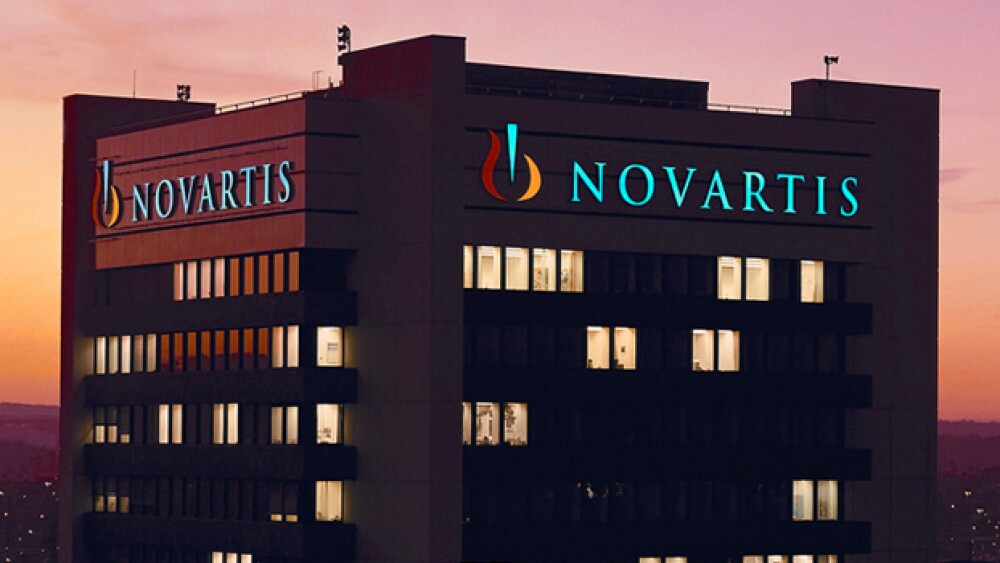Days after plunking down $3.9B+ for AAA, Novartis may be looking to divest itself of its generic dermatology drug business.
Days after plunking down $3.9 billion for French cancer company Advanced Accelerator Applications, Novartis AG may be looking to divest itself of its generic dermatology drug business.
To the right buyer, the Swiss pharma giant’s generic dermatology business, which is under its Sandoz subsidiary and based primarily in the United States, could be worth between $1 and $1.5 billion, Bloomberg reported this morning. Citing unnamed sources “familiar with the matter,” Bloomberg said Novartis is working with a financial adviser on the potential sale. The company could be looking at a potential deal with both private equity firms and other pharmaceutical firms, Bloomberg said. All work on a potential sale is in preliminary stages and nothing is final, the sources told Bloomberg.
As Bloomberg noted, the growth of the Novartis generics dermatology business has primarily been the result of acquisitions, including the 2012 deal for Fougera Pharmaceuticals and Upsher-Smith Laboratories, Inc.
In 2016, Sandoz announced it was consolidating two New York production facilities for Fougera. The consolidation was expected to take two to four years to complete following construction of a new state-of-the-art facility in Melville, N.Y.
Novartis’ potential sale of the dermatology unit, along with the acquisition of AAA, would reflect the company’s commitment to growth areas like oncology and multiple sclerosis. Over the weekend, Novartis announced its intentions to acquire the oncological company and its lead product, Lutathera, a first-in-class RLT product for neuroendocrine tumors. In August, Novartis was the first company to receive U.S. regulatory approval for its CAR-T cancer treatment Kymriah (tisagenlecleucel). Kymriah has been approved to treat patients up to 25 years of age with B-cell precursor ALL that is refractory or in second or later relapse. Novartis is already looking to expand that indication. On Oct. 31, Novartis submitted a supplemental Biologics License Application to the Food and Drug Administration for Kymriah (tisagenlecleucel) suspension for intravenous infusion for the treatment of adult patients with relapsed or refractory (r/r) diffuse large B-cell lymphoma (DLBCL) who are ineligible for autologous stem cell transplant.
In addition to the possible divestment of the generics dermatology business, Novartis has also been exploring the possible spinoff of its Alcon eye-care business. In April, Novartis hired Bank of America to review options for when it comes to the potential deal. Alcon has seen a decline in revenue over four quarters. The company has been hurt by poor surgical equipment sales, slower than anticipated growth of its intraocular lens business, as well as patent expirations on its drugs.





